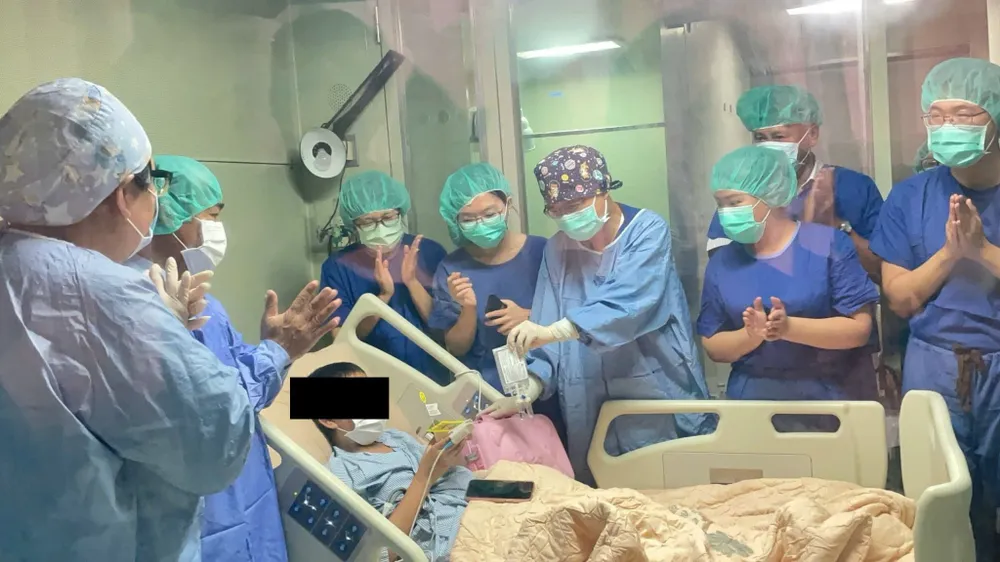
The therapy uses the patient's T cells collected from the blood, genetically modified to be able to recognize and attack cancer cells. This is the most difficult and complex cell therapy today and is the first time it has been performed in Vietnam.
The patient was diagnosed with B-cell acute lymphoblastic leukemia, a high-risk group. After the first bone marrow relapse after chemotherapy, the patient received a half-matched bone marrow transplant from his father but still relapsed a second time. After that, the patient was treated with CAR-T cell therapy, becoming the first case in Vietnam to apply this method.
T cells collected from patients are then sent to the laboratory, where experts will genetically modify them to create a CAR (chimeric antigen receptor) protein on the surface of the T cells. This CAR protein has the ability to recognize and attack cancer cells.
After the CAR T cells are produced, they are sent back to the patient and injected into the body. When the CAR T cells recognize the cancer cells, they will attack and destroy them. To date, after more than a year of treatment, the child patient is still healthy, living normally and is being monitored and treated. Regarding the process of infusing CAR-T cells to the child patient, it is carried out in Taiwan (China) because the cost is lower than in other countries in the region and there is professional cooperation. However, the cost of treatment is still very high, estimated at tens of billions of VND.
“Currently, the hospital is actively preparing facilities, staff (doctors, nurses, certified technicians), and support from foreign experts to produce CAR-T cells in Vietnam. The hospital's goal is to gradually master the technology, thereby significantly reducing treatment costs. If CAR-T cells are produced in Vietnam, the expected cost can be reduced by about 20 times, down to less than 500 million VND per case,” Dr. Phu Chi Dung informed.
At the same time, Dr. Phu Chi Dung said that the hospital is implementing a department-level project, and is aiming for a ministerial-level project to deploy this technique. The effectiveness of self-production is expected to be very good, based on research in Japan.
From September 16 to 20, the Hematology and Blood Transfusion Hospital coordinated with the Ho Chi Minh City Hematology and Blood Transfusion Association, the Ho Chi Minh City Medical Association and international partners to organize 3 major international scientific conferences: "The 30th Asia Pacific Blood and Bone Marrow Stem Cell Transplantation Conference (30th APBMT), the 8th Vietnam Hematology and Blood Transfusion Conference (8th VNBTH) and the 8th Vietnam-France Expanded Blood Transfusion - Transplantation - Cell Therapy Conference (8th VFO-TTCT)".
The conference updates the latest scientific reports of international and domestic experts in the fields of: blood transfusion, hematological diseases (malignant and benign), chemotherapy, hematopoietic stem cell transplantation, targeted therapy, cell therapy, gene therapy, monoclonal antibodies, infections, invasive fungal infections, viral infections, testing, stem cell banking, mesenchymal stem cells, blood banking, quality management, nursing, etc. The conference is expected to have more than 1,500 delegates attending, including more than 300 international experts and delegates.
At the conference, in parallel with the scientific reporting sessions, there were meetings with foreign experts to discuss cooperation and support for Vietnam's development in the field of hematology.
Source: https://www.sggp.org.vn/lan-dau-tien-viet-nam-dieu-tri-ca-bach-cau-cap-bang-lieu-phap-te-bao-car-t-post813253.html




![[Photo] Solemn opening of the 8th Congress of the Central Public Security Party Committee, term 2025-2030](https://vphoto.vietnam.vn/thumb/1200x675/vietnam/resource/IMAGE/2025/10/4/f3b00fb779f44979809441a4dac5c7df)
![[Photo] General Secretary To Lam attends the 8th Congress of the Central Public Security Party Committee](https://vphoto.vietnam.vn/thumb/1200x675/vietnam/resource/IMAGE/2025/10/4/79fadf490f674dc483794f2d955f6045)

![[Photo] Bustling Mid-Autumn Festival at the Museum of Ethnology](https://vphoto.vietnam.vn/thumb/1200x675/vietnam/resource/IMAGE/2025/10/4/da8d5927734d4ca58e3eced14bc435a3)



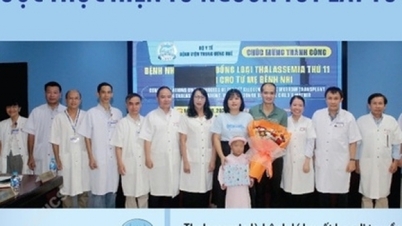






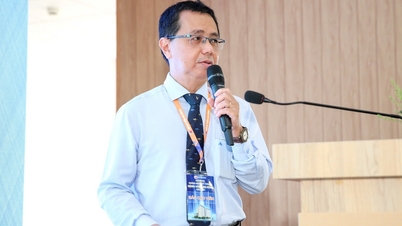


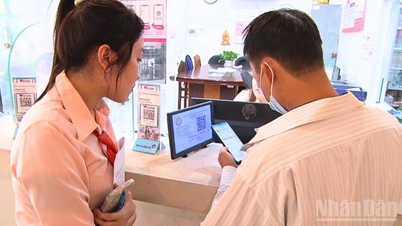

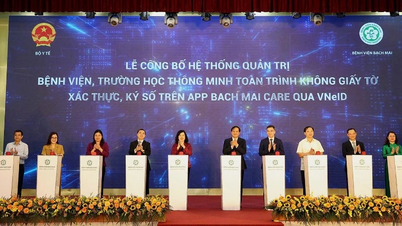
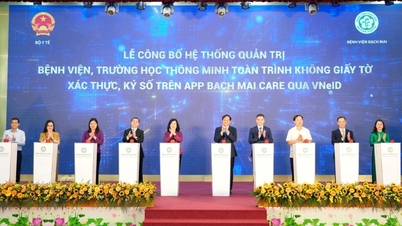
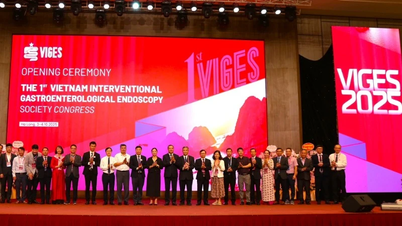




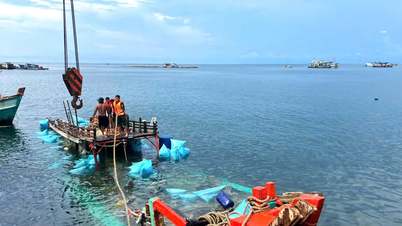


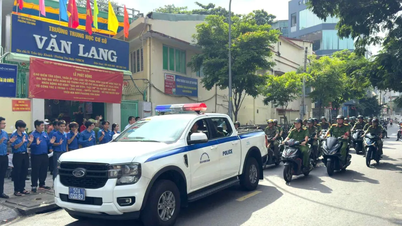
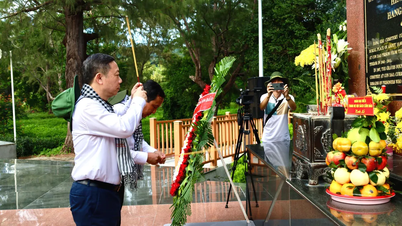
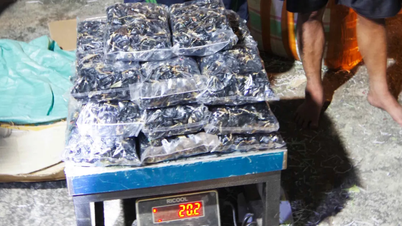

























![[VIDEO] Summary of Petrovietnam's 50th Anniversary Ceremony](https://vphoto.vietnam.vn/thumb/402x226/vietnam/resource/IMAGE/2025/10/4/abe133bdb8114793a16d4fe3e5bd0f12)

![[VIDEO] GENERAL SECRETARY TO LAM AWARDS PETROVIETNAM 8 GOLDEN WORDS: "PIONEER - EXCELLENT - SUSTAINABLE - GLOBAL"](https://vphoto.vietnam.vn/thumb/402x226/vietnam/resource/IMAGE/2025/7/23/c2fdb48863e846cfa9fb8e6ea9cf44e7)















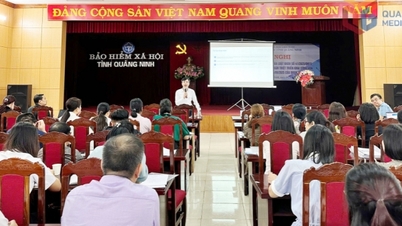

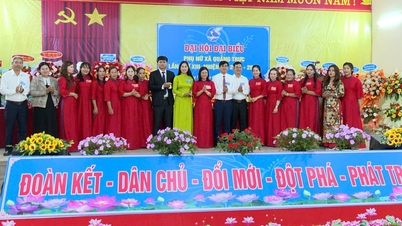

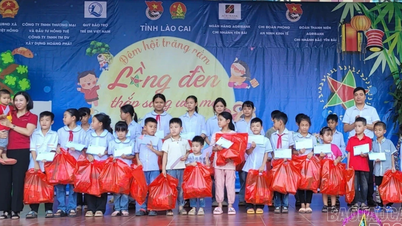

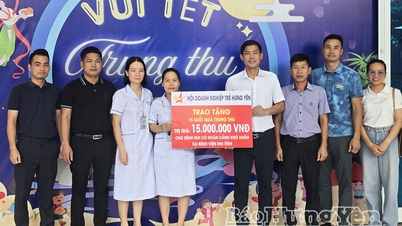

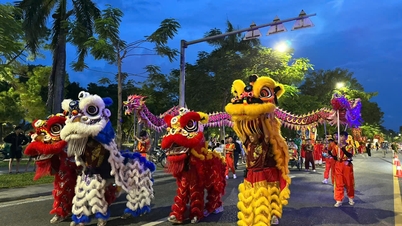

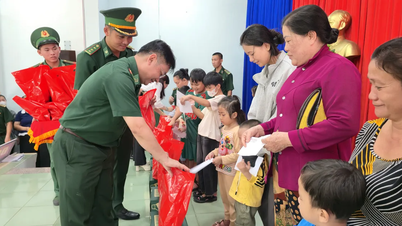








Comment (0)